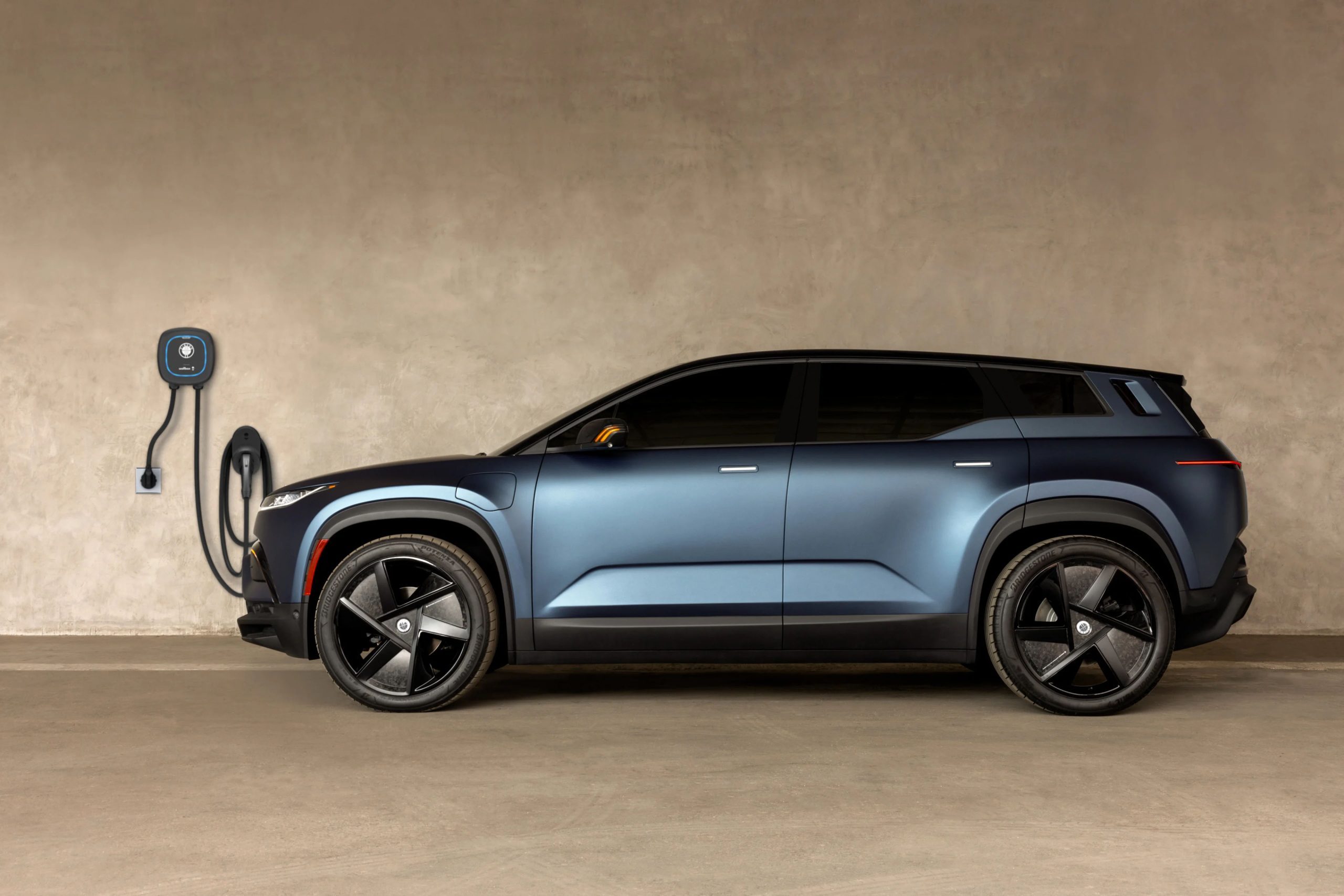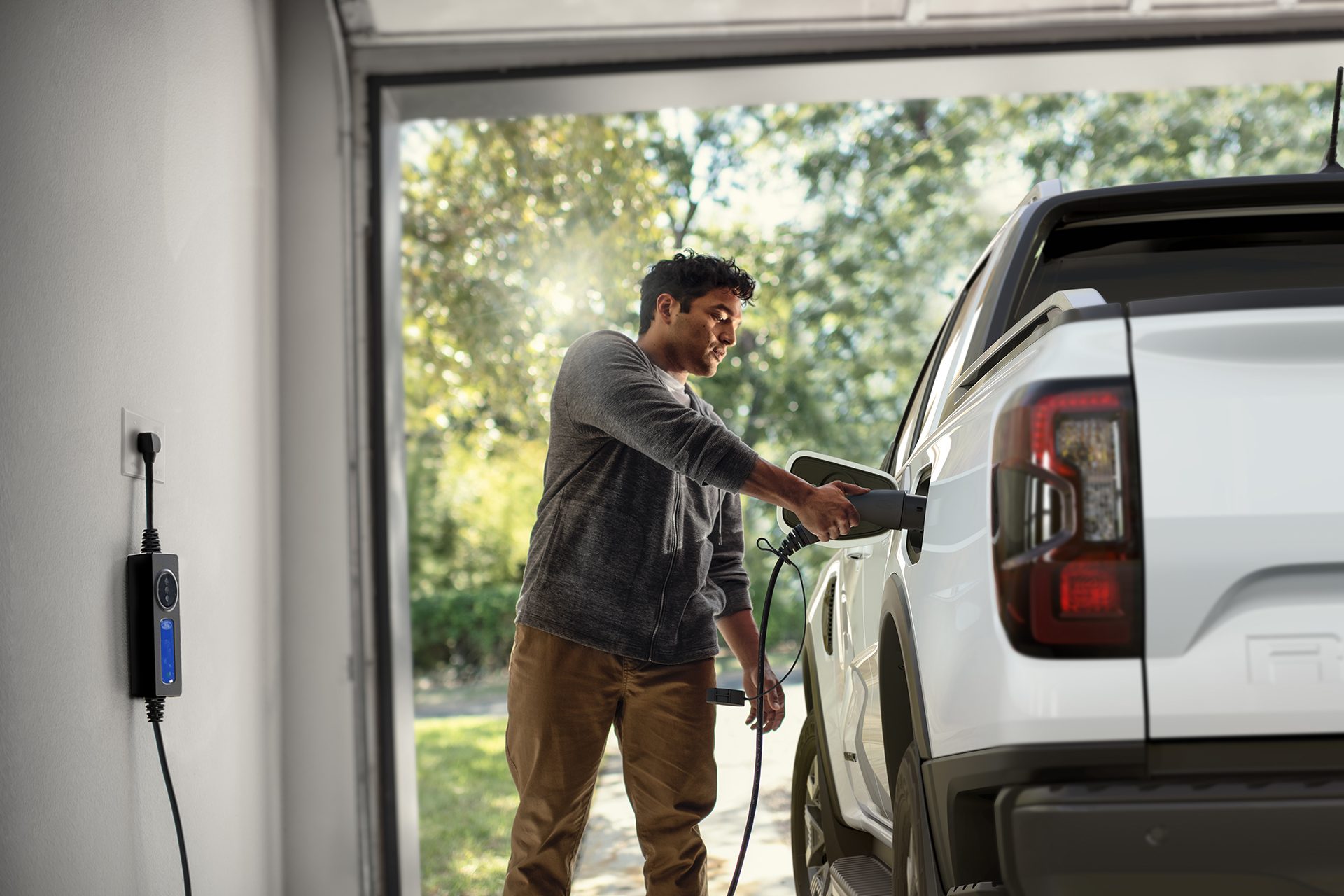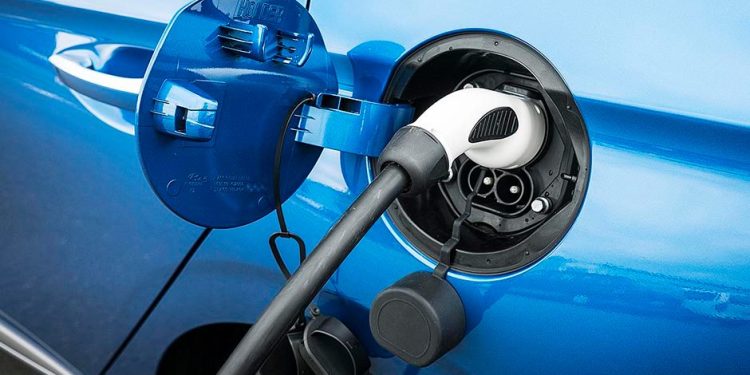Kiwi Maker of Smart EV Chargers Looks to Aussie for Inspiration
Words | Images NZ Autocar
With plunging EV sales locally, a New Zealand manufacturer of EV chargers says it is crossing the ditch for greener pastures, according to an RNZ report.

Evnex is a Christchurch-based firm that makes EV chargers for homes and businesses.
Its principal Ed Harvey says with Australian EV sales on the rise, the company has a better opportunity across the Tasman.
Government subsidies have helped Australian EV sales overtake those in New Zealand. Here they have fallen from 27 percent of new cars sold last year to 8 percent so far this year.
Evnex has around 6000 chargers in New Zealand and 1000 in Australia. Harvey expects Australian volumes to overtake New Zealand’s within the next two or three months.
Harvey said three things have made life tough here; the scrapping of clean car subsidies, implementation of road user charges for EVs and reduced clean car standards for ICE vehicles.
Australian government is fostering EV growth
Now that Australia has tailpipe emissions standards and EV subsidies, the electric car market has taken off.
He said the situation for EVs has completely switched and now Australia is much more supportive of emissions-free vehicles.
Evnex has raised funds from an Australian private equity firm, ensuring growth in Australia.
Harvey said: “It is pretty tough in New Zealand at the moment; electric vehicle registrations have dropped back significantly. Most of our team growth, our investment is going into our Sydney office. We’re going to be putting a lot of our resource into Australia for the foreseeable future.”
Evnex makes smart chargers that communicate with the electricity network. They switch on at times when there is plenty of renewable, lower cost electricity. They switch off at times when supply is constrained.
Vector wants to see this kind of charger in every New Zealand home with an EV. The electricity provider has long been pushing for smart charging capability to be compulsory for those installing home wall chargers.
The company communicates via smart chargers with Auckland’s electric buses. This ensures they recharge at off-peak times to smooth demand on the power network.

Smart chargers are good for the supply network
Simon Mackenzie, CEO of Vector, said three-pin emergency home chargers have little effect on the network. However, a wall charger can draw about half as much power an entire home which can be problematic.
“We don’t want everyone plugging their vehicle in and wanting to charge at exactly the same time, such as when they get home from work” he said, as it puts a strain on the supply network.
Mackenzie said smart charging would save Vector and households money because the lines company would not need to build so much extra capacity.
There is also widespread variance in EV penetration between suburbs. There are big pockets across Auckland with very low EV penetration so people living in these areas shouldn’t have to shoulder the burden.
Vector research suggests almost two-thirds of people said that the ditching of subsidies would impact their EV buying decision. However, almost one-half of respondents were still considering an EV or hybrid purchase within the next two years.
Mackenzie said the charging network needs to be ready for future growth.





